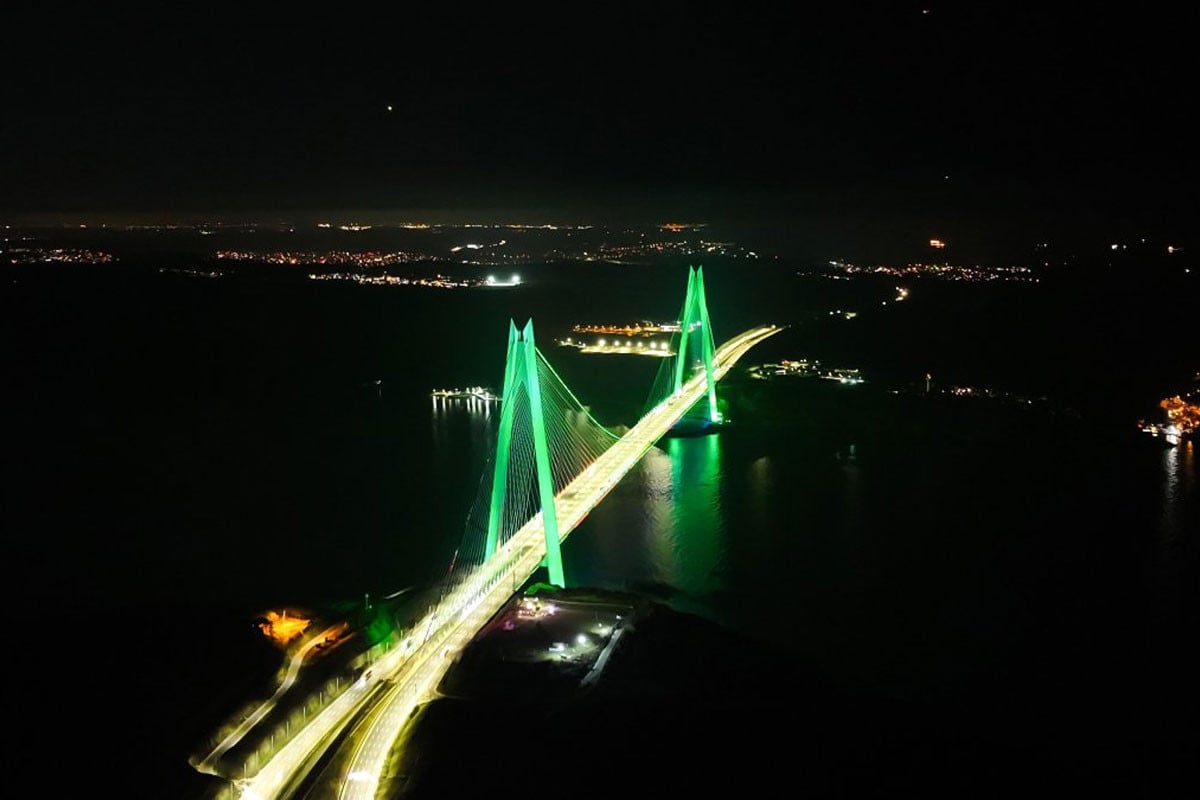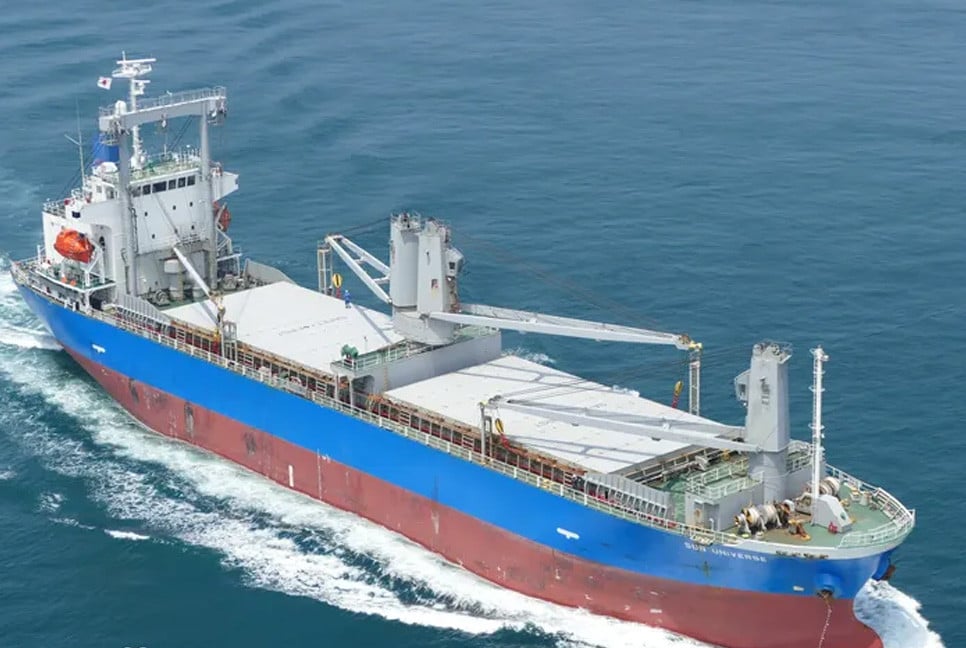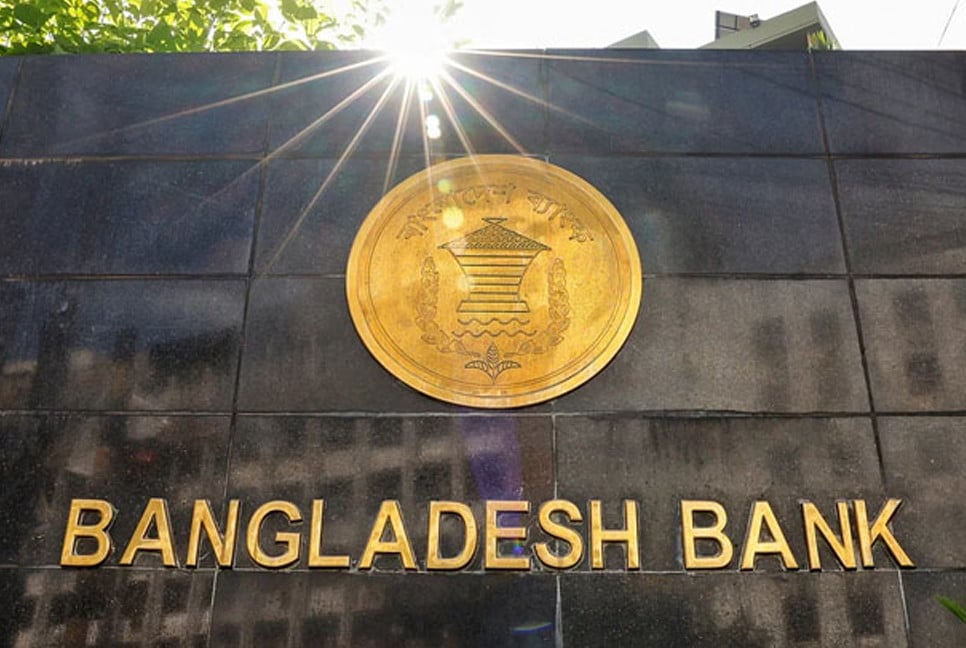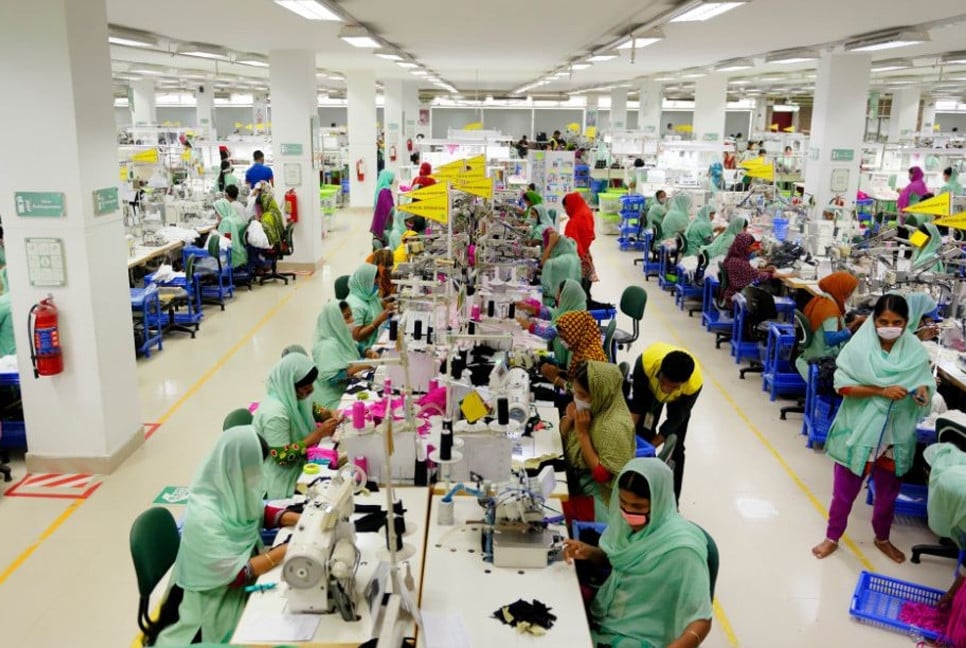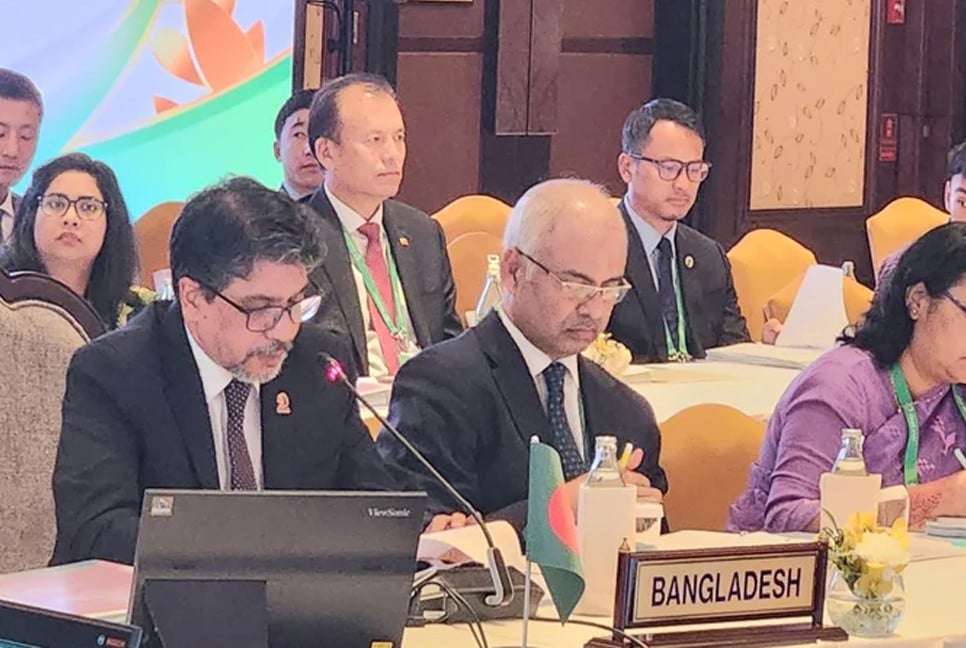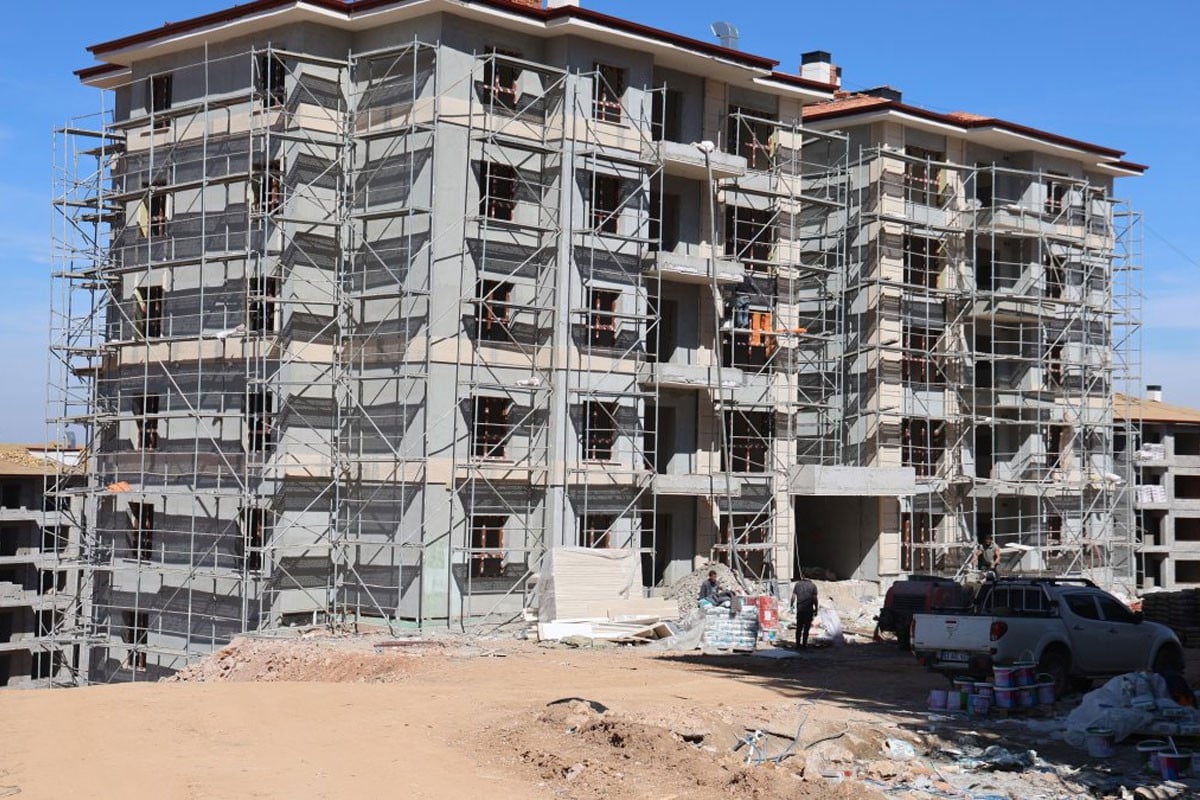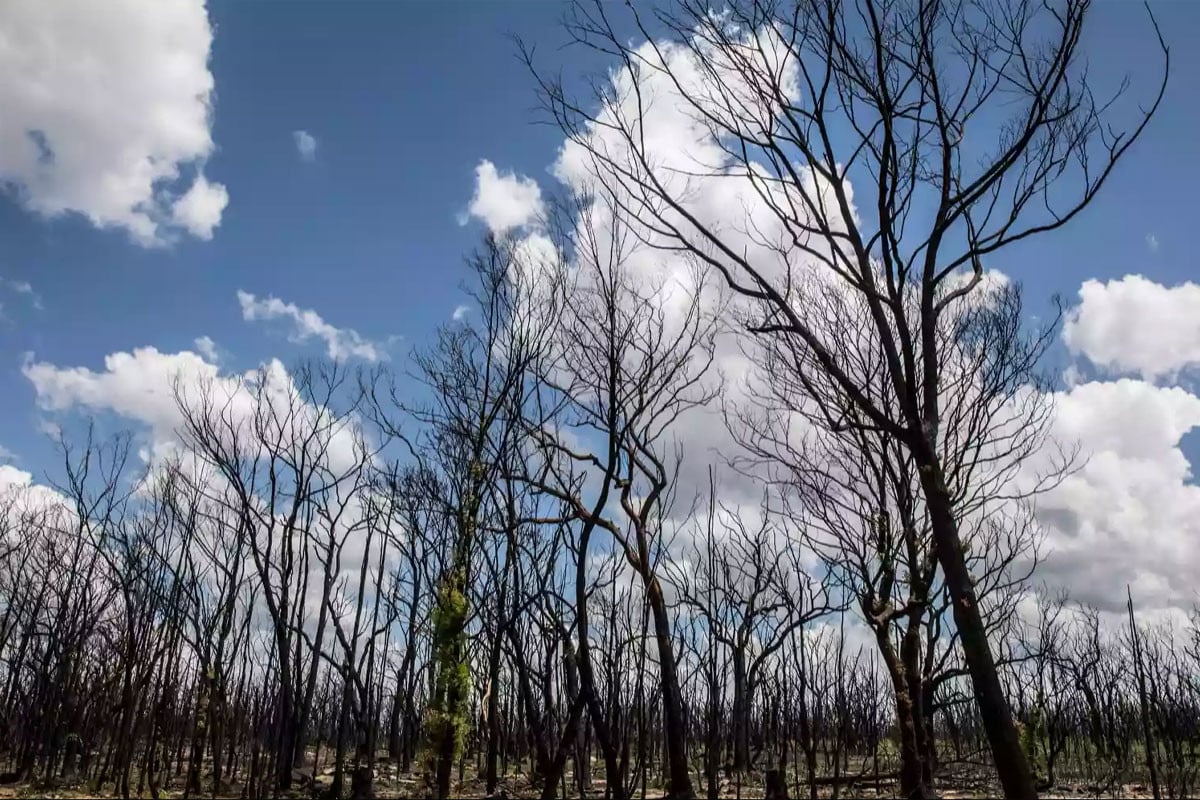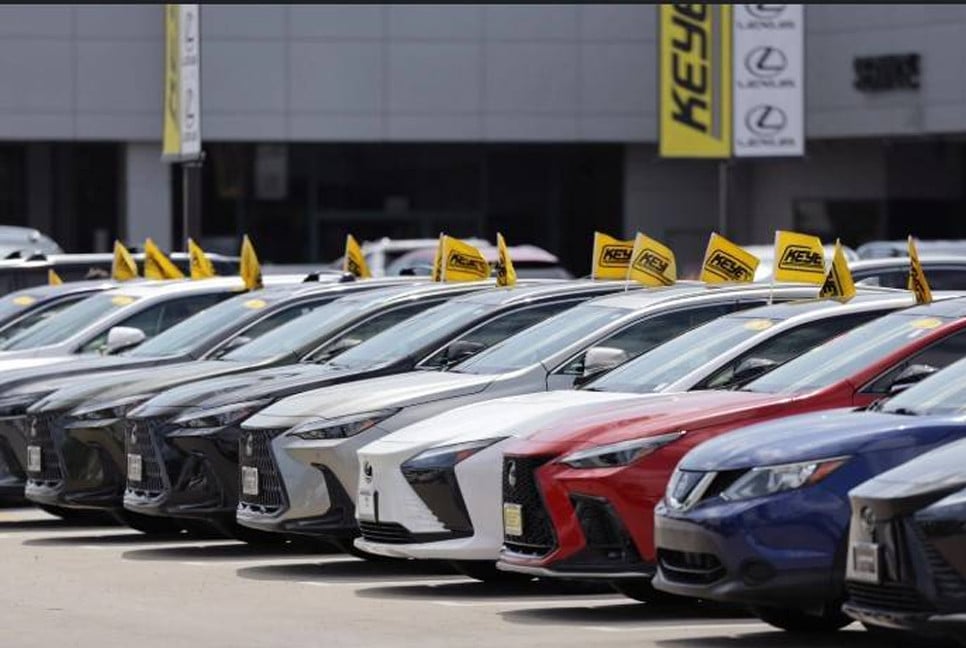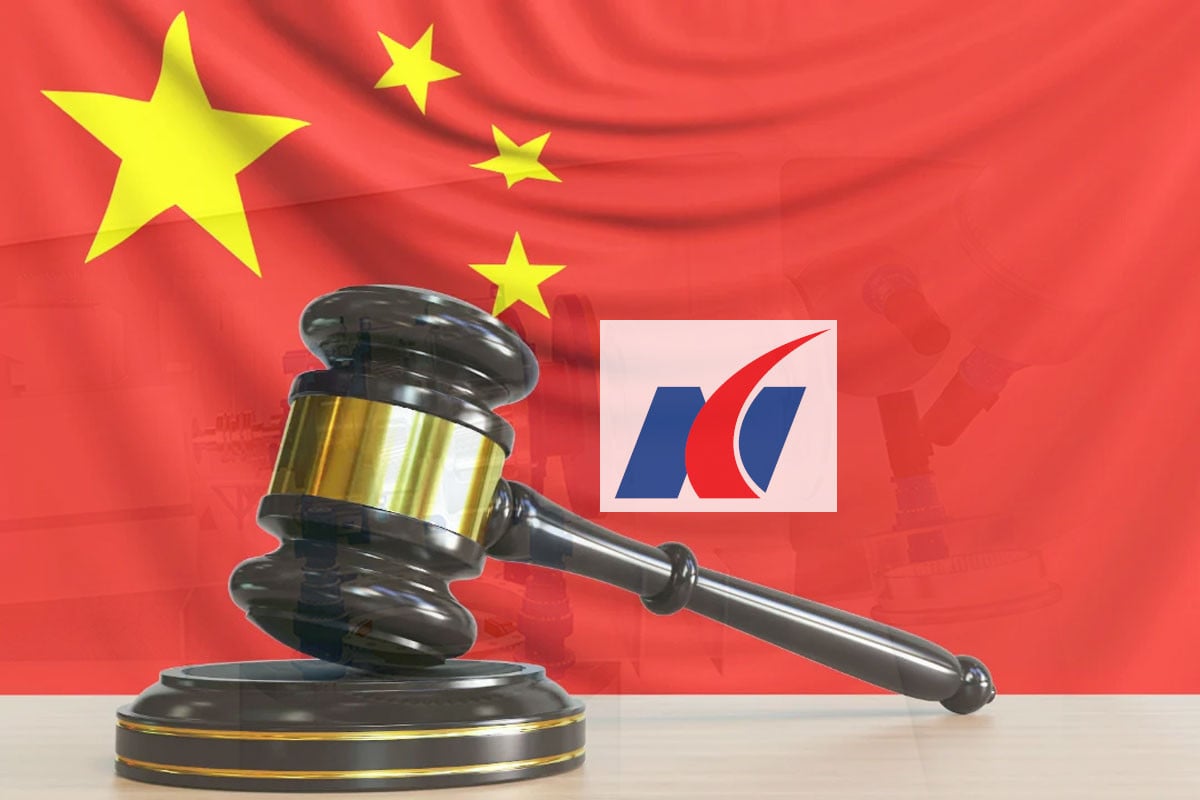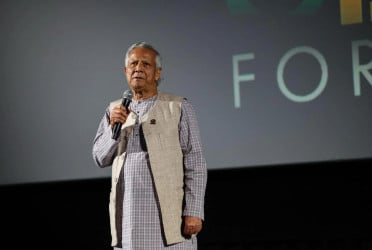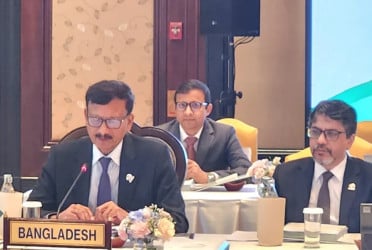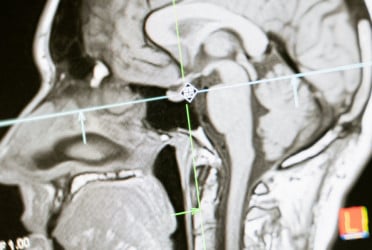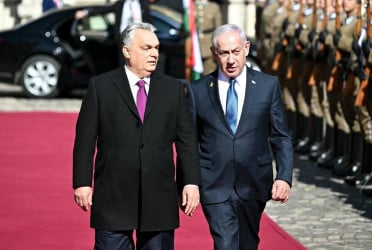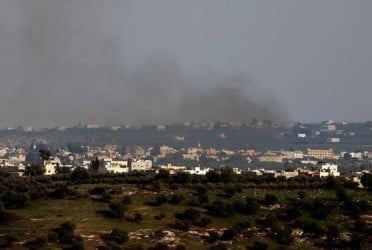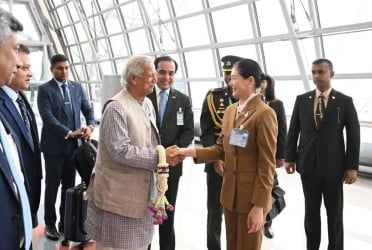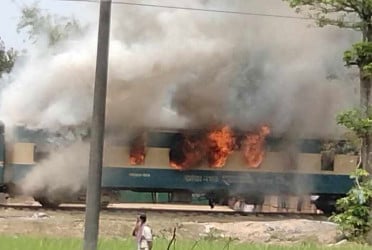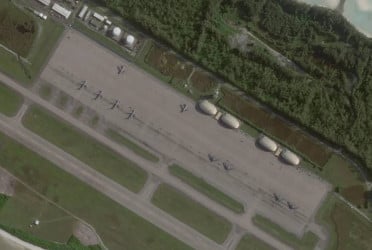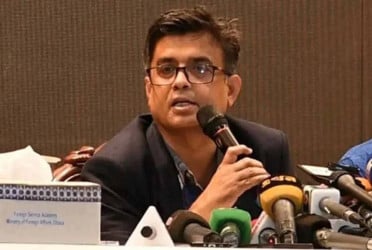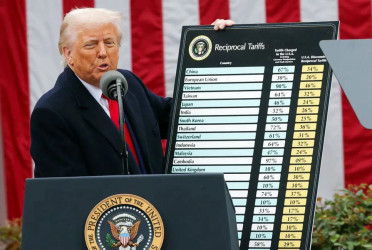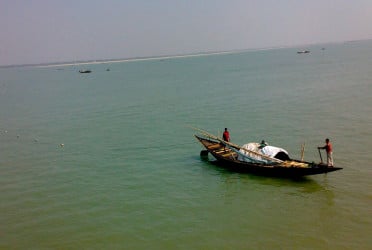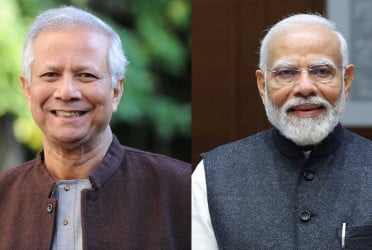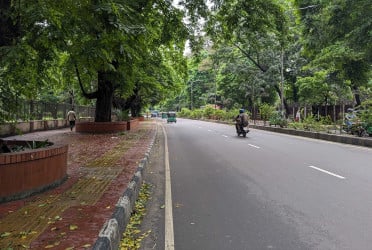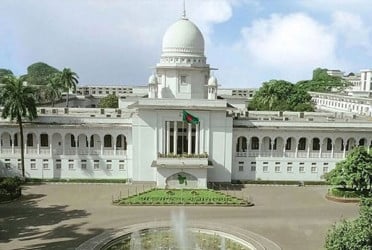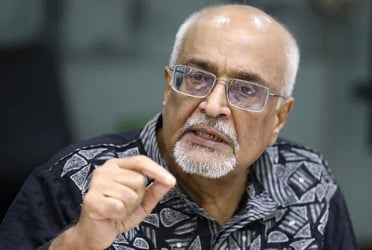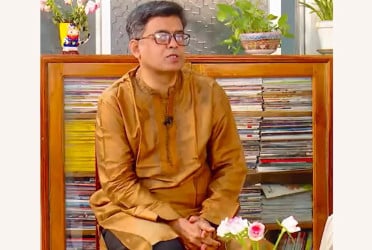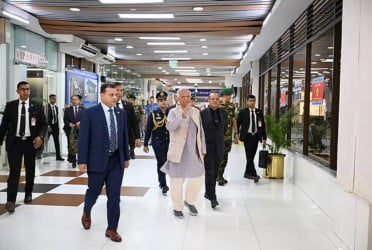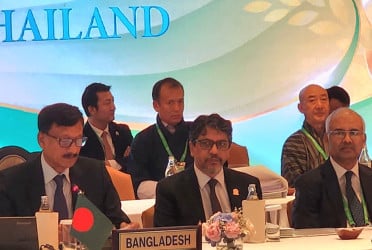Turkiye is moving forward with a major railway project aimed at crossing the Bosporus Strait, enhancing transportation links between Europe and Asia. Transport and Infrastructure Minister Abdulkadir Uraloğlu announced that Turkiye is in the final stages of securing financing for the $4 billion project, with plans to hold a tender for its construction in the coming months, reads a Daily Sabah report.
The railway will span 120 kilometers (75 miles), linking key locations such as Gebze, Sabiha Gökçen Airport, Yavuz Sultan Selim Bridge, Istanbul Airport, and Halkalı. This initiative is part of the broader "Development Road Project," designed to improve the freight corridor between Asia and Europe via upgraded rail and road infrastructure through Turkiye and Iraq.
Uraloğlu mentioned that financing is nearly finalized, with commitments from the World Bank, as well as potential contributions from the UAE and other financial institutions. The project is expected to further strengthen Turkiye's strategic position as a transportation hub in the region.
In addition to this, Turkiye has ambitious plans to expand its railway network. Uraloğlu stated that the country plans to grow its rail system from 13,919 kilometers to 17,500 kilometers by 2028, with a long-term goal of 28,500 kilometers. This expansion will include major projects linking cities like Ankara, İzmir, Mersin, and Gaziantep.
Further enhancing Turkiye’s rail capabilities, Uraloğlu highlighted the country’s progress in manufacturing its own rail vehicles, including high-speed trains. The minister also discussed the country’s super high-speed train project, which will connect Istanbul and Ankara at speeds of up to 350 kilometers per hour, reducing the travel time between the two cities to just 80 minutes.
In related news, Turkiye is also in talks with Syria regarding the reconstruction of rail links, road infrastructure, and the rehabilitation of Damascus Airport. Uraloğlu emphasized Turkiye’s role in providing technical support for these projects, including the installation of radar systems in Syria, managed by Turkiye’s Aselsan company.
On the digital front, Uraloğlu raised concerns about recent changes to Google’s algorithm and shared plans for stricter social media regulations, including age restrictions. Additionally, Turkiye is preparing for a 5G auction in 2026, with trials already underway at key sites across the country.
With these developments, Turkiye continues to strengthen its infrastructure, positioning itself for long-term growth and enhancing regional transportation and digital connectivity.
Bd-pratidin English/ Jisan

